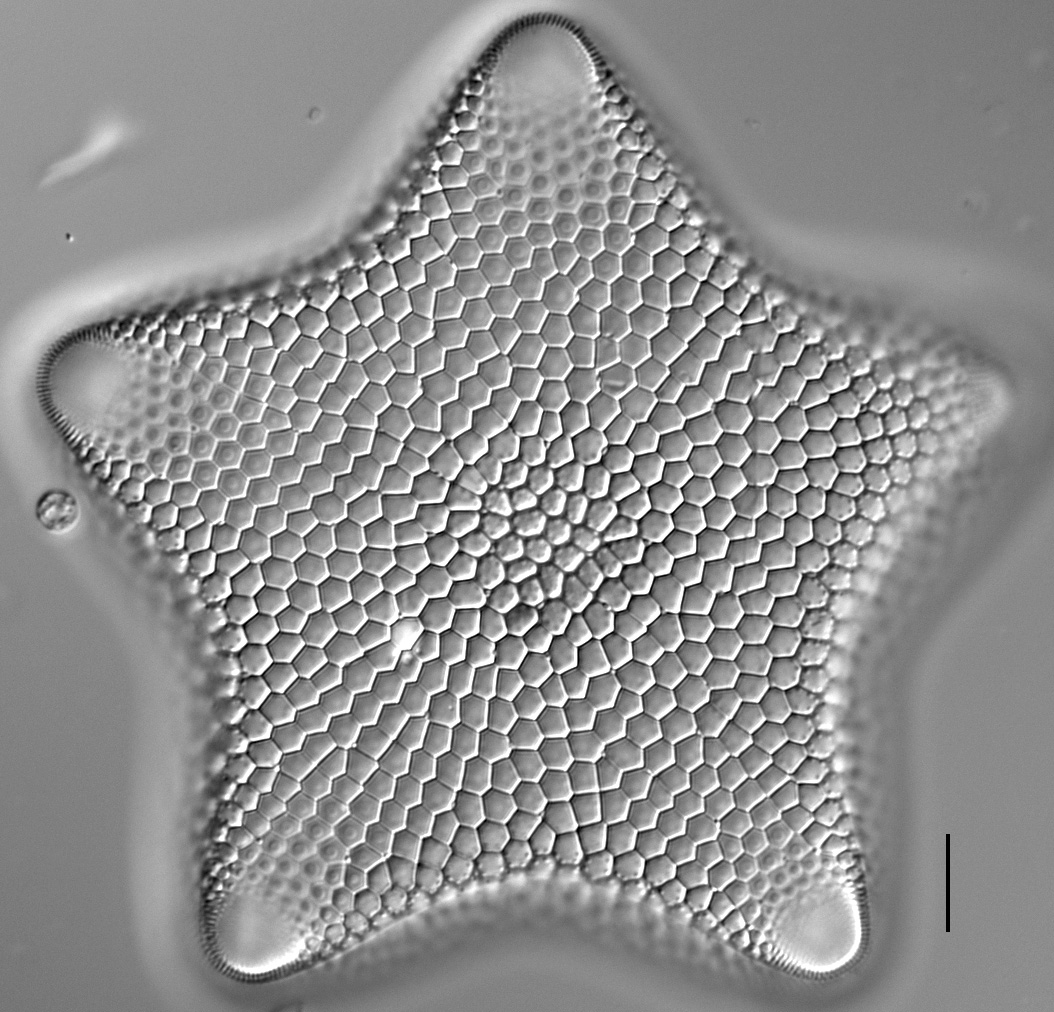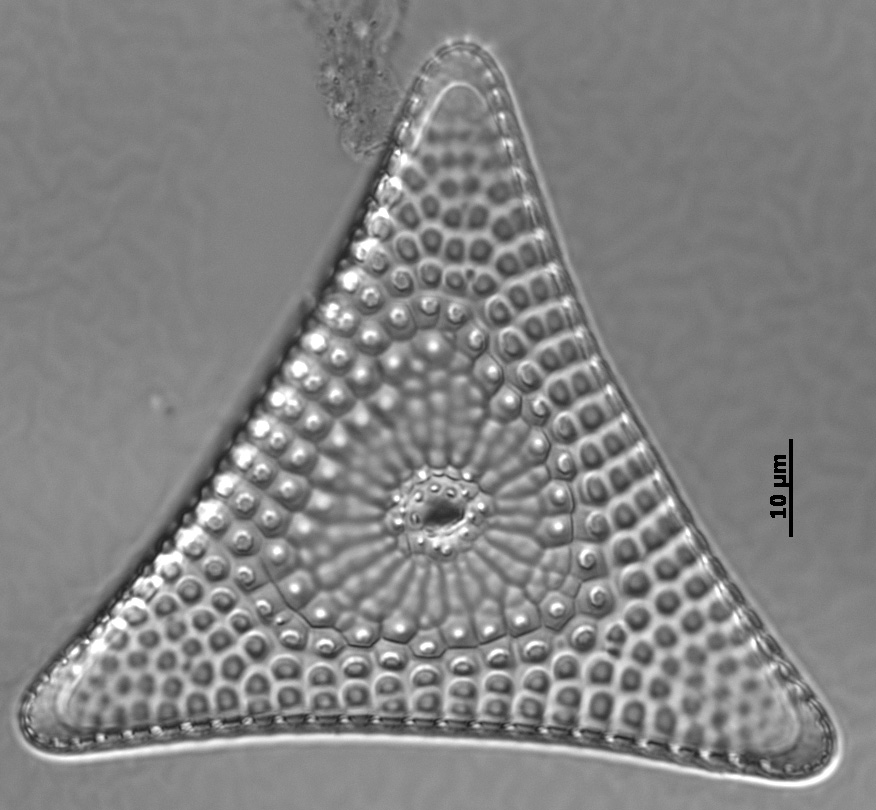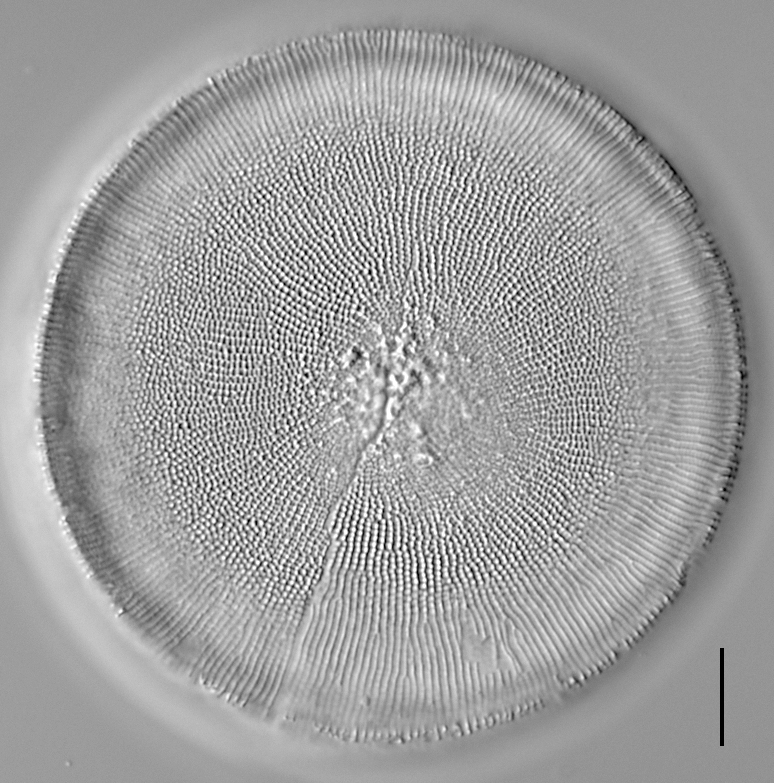Welcome to the
Diatom New Taxon File
at the Academy of Natural Sciences, Philadelphia
For scientists, taxonomists, systematists, students and diatom enthusiasts.
The scanned cards from the Diatom New Taxon File (also known as the “New Species File”), a card catalogue kept and maintained at the Diatom Herbarium at the Academy of Natural Sciences of Drexel University (ANS) in Philadelphia, PA, USA, are presented here in a digital form.
The Diatom New Taxon File was established by Dr. Ruth Patrick with a goal to have a 5 x 8“ card for every diatom name published after the comprehensive Mill’s Index (covering years 1816–1932).
Learn more about the DNTF History
Cite this website as:
Potapova, M., Veselá, J., Smith, C., Minerovic, A., Aycock, L. (Editors) 2025. Diatom New Taxon File at the Academy of Natural Sciences (DNTF-ANS), Philadelphia. Retrieved on March 26, 2025, from http://dh.ansp.org/dntf
back to top
News
20 July, 2021
In addition to the “old” scanned cards we are now adding the “virtual” cards for diatom nomenclatural novelties and links to DiatomBase.
25 September, 2017
All cards in the DNTF catalog have now been scanned and uploaded to this website.
2 November, 2016
Our presentation “Diatom nomenclatural rules and best practices” at the 24th International Diatom Meeting (IDS 2016),
a handout for types and a handout with table of ICN rules limited by dates are available here, or you can go to our new tab “Taxonomic hints”.
18 August, 2016
DNTF website opened.
back to top
History of the Diatom New Taxon File:
The DNTF was initiated by Dr. Ruth Patrick in 1950s. For many years, Dr. Charles Reimer and his assistants, Margaret Henderson and Su-Ing Yong diligently maintained the file producing most of the cards. These entries were later partially used to compile the CalAcademy catalogue of diatom names. The list names that are posted on our site is a compilation of lists maintained at the CalAcademy, ANS and other institutions. Since 2003 the DNTF (also known as the new species file) has been supported by the Frank and Ruth Patrick Fund. In 2003-2007 it was maintained by the staff of the ANS Phycology Section. Since 2008 it has been the responsibility of the ANS Diatom Herbarium. Once every five years an external committee of three diatom researchers reviews the progress that has been made. In 2013 the committee recommended digitization and online posting of the DNTF cards. Jennifer Beals did the initial work on compiling the master list of names, while most of the effort on actual digitization, database development, and editing was carried out by the current team.
back to top
Contributors
Current contributors from the ANS Diatom Herbarium:
Marina Potapova, editor in chief
Laura Aycock, editor
Steve Dilliplane, database manager
Diane Winter, content editor
Naomi Friedman, content editor
Greg Aaron, content editor
Former contributors
Ruth Patrick – founder of the New Taxon card File
Charles W. Reimer – managed the DNTF card file in 1950’s–2000’s.
ANS Diatom Herbarium employees and coop students:
Margaret V. Henderson,
Su-Ing Yong,
Jana Veselá,
Chelsea R. Smith,
Ly C. Nguyen,
Jonathan Starr,
Alison Minerovic,
Alys Kirsh,
Jennifer Beals,
Margaret F. Williamson,
Emily Ciliberti,
Nichole Joseph
ANS Patrick Center employees:
Eduardo A. Morales,
Donald F. Charles,
Kathleen M. Sprouffske,
Jaclyn M.W. Mantell,
Dan T. Mellott,
David H. Keller
and many others.
External review committee (2018):
Sarah A. Spaulding – Ecologist, US Geological Survey, Boulder, CO, USA
Rex L. Lowe – Professor Emeritus, Bowling Green State University, OH, USA
Kalina M. Manoylov – Professor, Georgia College and State University, GA, USA
back to top
Taxonomic hints
Here you will be able to find some materials useful for taxonomic work with diatoms:
 Presentation on “Diatom nomenclatural rules and best practices”
Presentation on “Diatom nomenclatural rules and best practices”
presented by Jana Veselá, Chelsea Smith and Marina Potapova
at the 24th International Diatom Meeting (IDS 2016) held in Quebec City, Canada (21-26 August 2016). Handout 01 – Types (excerpt from the presentation)
Handout 01 – Types (excerpt from the presentation) Handout 02 – Table of ICN rules applying to diatoms limited by dates (complete)
Handout 02 – Table of ICN rules applying to diatoms limited by dates (complete)
Quick Legend
- Genera starting with letters highlighted in grey (in the alphabet) = card scanning and uploading has been completed.
- Taxa accompanied by a card symbol (
 ) include cards of species and infraspecific taxa. No symbol next to a taxon name = no cards are present in the NSF (mostly a taxon described prior to 1933).
) include cards of species and infraspecific taxa. No symbol next to a taxon name = no cards are present in the NSF (mostly a taxon described prior to 1933).
back to top
New Species File: Details on cards
Each taxon published after the issue of Mill’s Index (1932) should be associated with a card on this website. However, we have been noticing a small percentage of missing cards during the databasing process, and are trying to keep notes on these. Also, many names published in recent years (since 2012) are completely missing in our database and website, therefore also no cards are present for these. We are aware of the fact that this is an incomplete project and will be working towards complementing it in the future. In fact, we will greatly appreciate contacting us when you notice any missing records, misspellings, or errors.
Cards can be one- or two-sided, depending on the amount of information about the taxon in the original publication. Relatively new taxa usually have information on both sides of the card. Rarely, additional card or cards were made (3rd, 4th, etc. side of a card), if more information was included but did not fit on the first card.
The size of all cards is a standardized 5 x 8 inches. Images from old publications (e.g., drawings) were photocopied or cut directly from the original publication and pasted on the card. Therefore, these images should retain their original size. Photographs from relatively newer publications taken under light microscope (LM) have been sized to 1500x magnification on the cards, which is the standard used in most diatom taxonomic literature. Images taken from observations under the electron microscopes (SEM or TEM) are usually adjusted to fit on the card (made smaller), as each picture is usually taken in a different magnification and scale bars are present for each image.
Content of the card
Diatom name: genus, species, infraspecific name
Authority and year of the publication
Indication of a novelty: new genus, species, combination, status, name, etc.; sometimes a new type (e.g., holotype, isotype, lectotype, isolectotype, neotype, epitype), emended description or validation is specified. “Problematic name” (physically an orange card) indicates a taxon or entry with issues (e.g., taxon cited in a publication, but the name could not be confirmed or was determined as an error or misspelling).
Reference: In full or abbreviated form.
Optional:
Basionym
Type locality
Images: Drawings (in original size), LM photos (in original size or 1500x magnification), SEM/TEM photos (usually made smaller to fit the card). Note that not ALL images from the publication have to be always included on the card (in that case, representative images are chosen).
Description: In full form.
Written comments (e.g., validity notes) mostly by Charles W. Reimer (see Acknowledgements).



